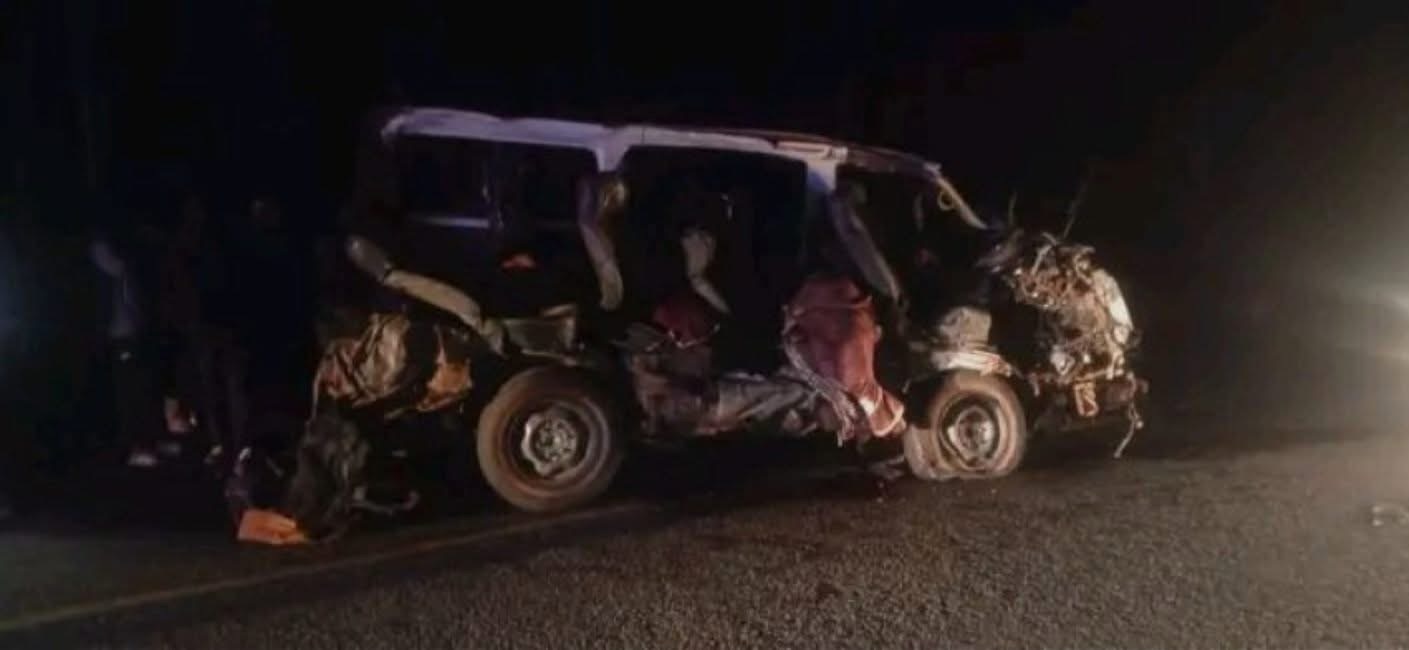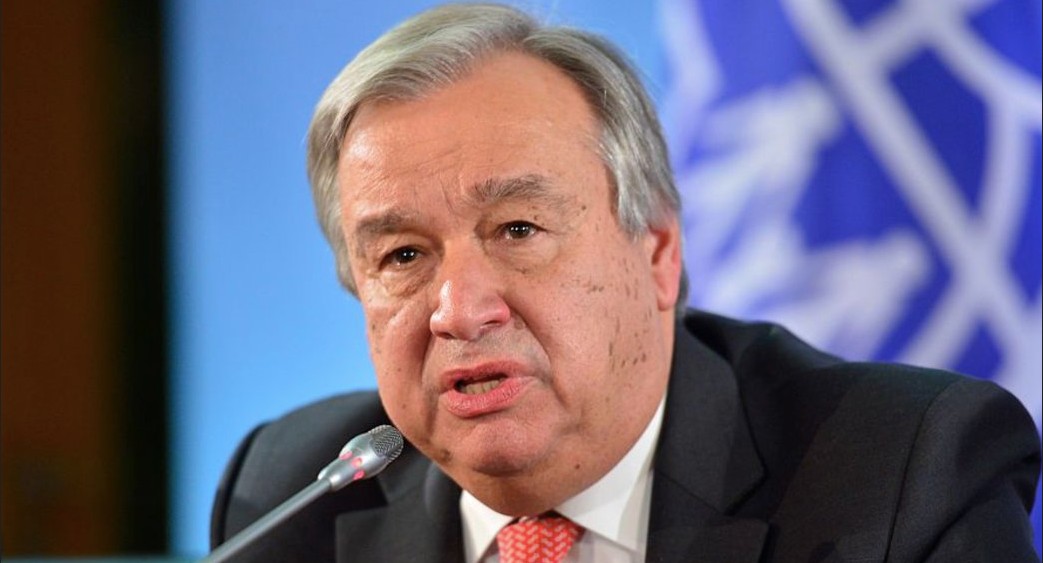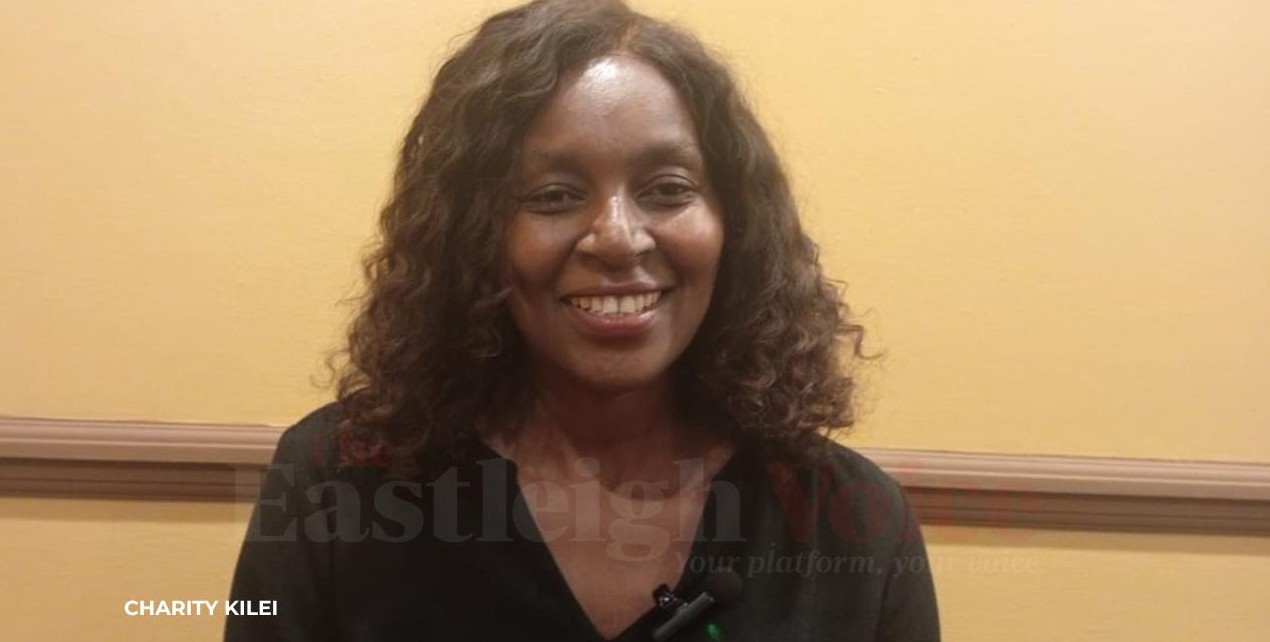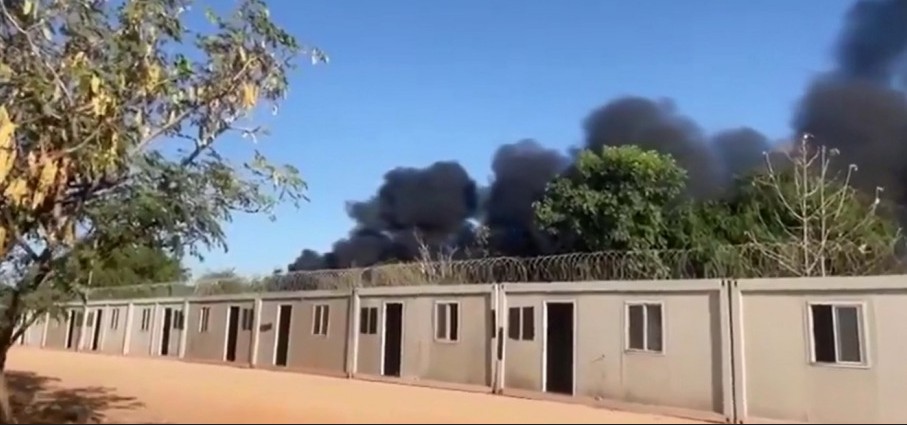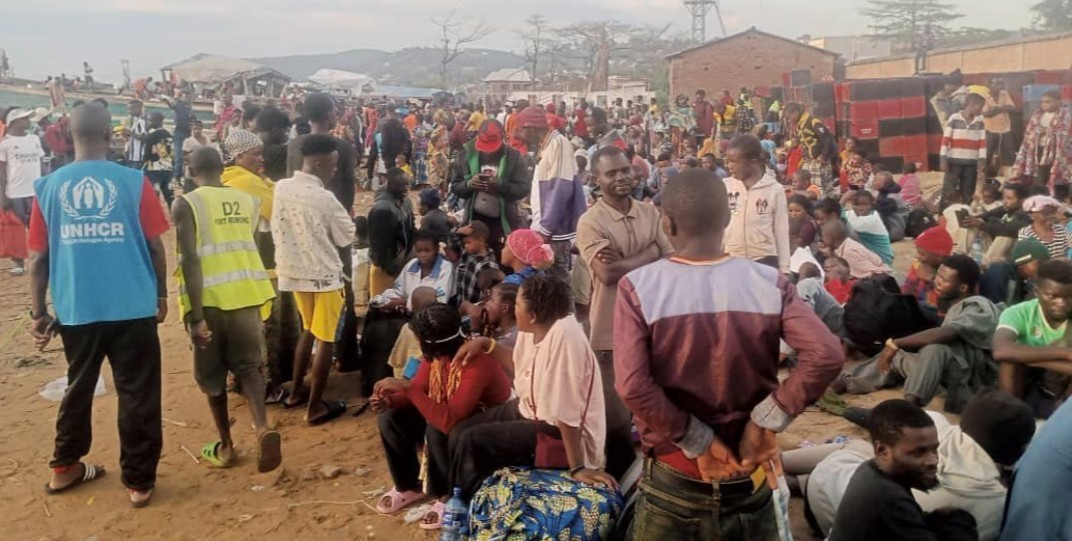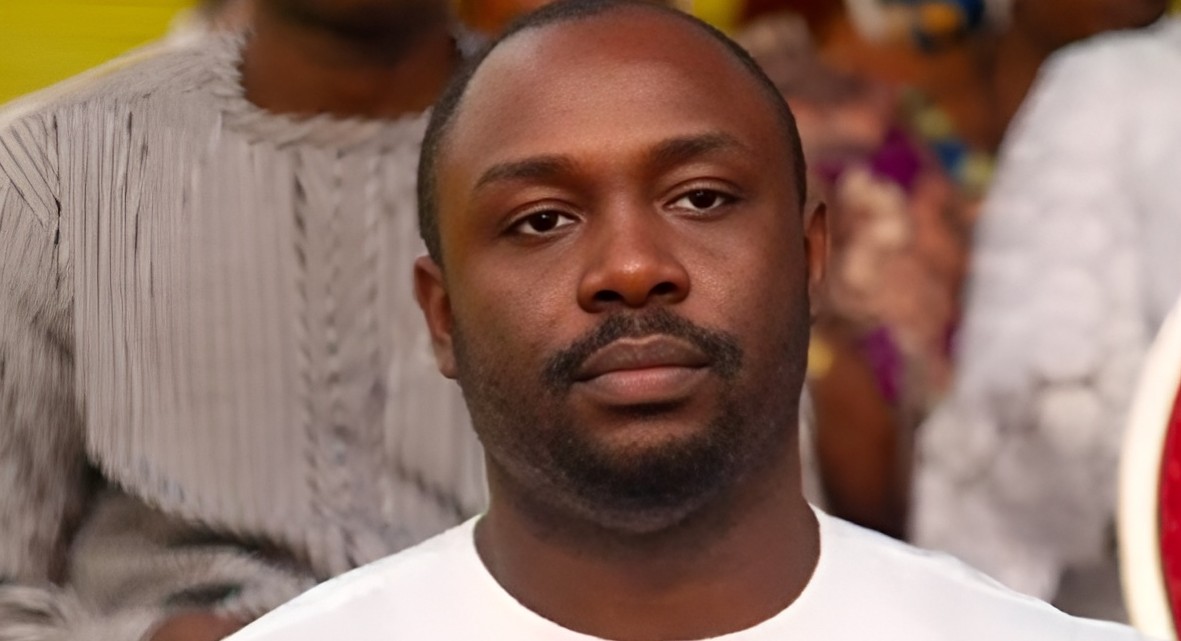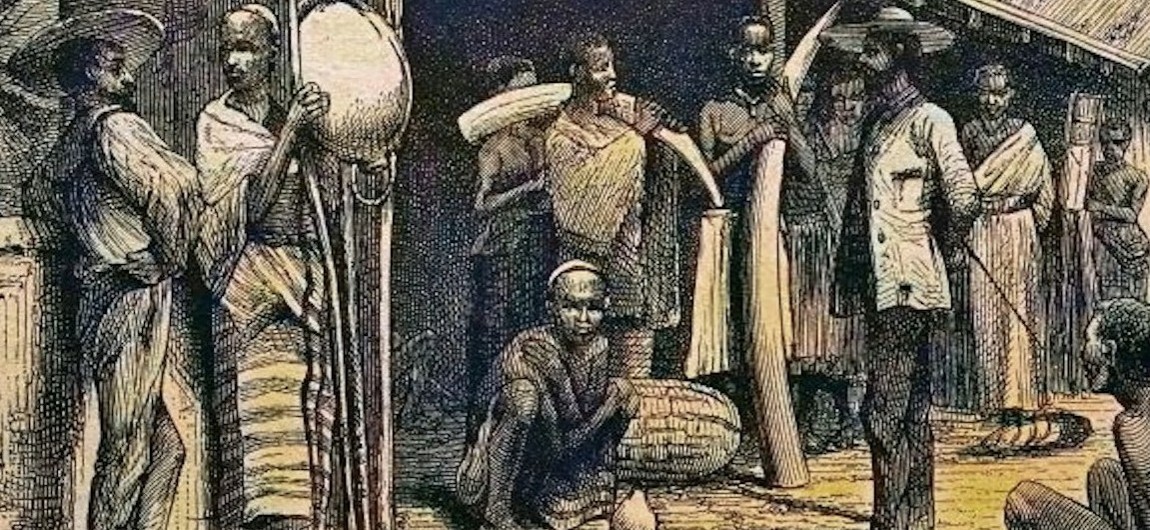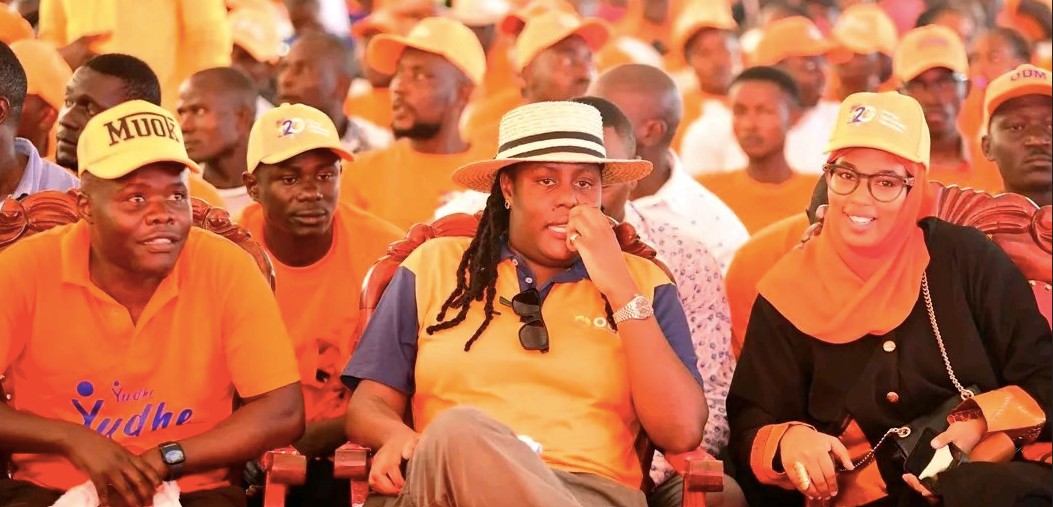UN Security Council to deliberate on proposal to delay transition of Haiti Mission to peacekeeping
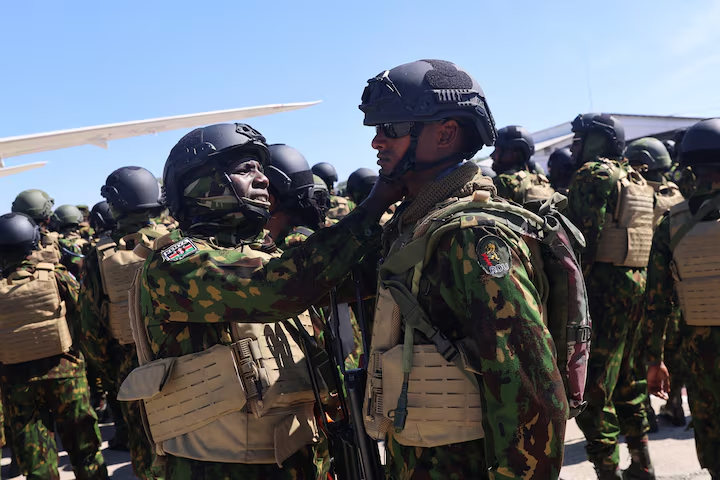
Guterres' assessment, contained in a letter to the council, notes that Haiti is still undergoing a fragile political transition, with the progress on completing the road map for elections and the restoration of democratic institutions by February next year, mixed.
A key United Nations Security Council (UNSC) meeting scheduled for Monday is set to deliberate on a raft of proposals by the UN Secretary General, Antonio Guterres, among them a delayed transition of the Kenya-led Multi Security Support (MSS) Mission to a UN peacekeeping mission.
Last year, the council requested Guterres to provide a comprehensive assessment of the current context and ongoing United Nations and international efforts in Haiti and options for long-term solutions based on lessons from past missions and the current MSS and bearing in mind the request to have the mission transformed into a UN peacekeeping operation.
More To Read
- 230 Kenyan officers arrive home from Haiti as nation honours their heroic service
- ‘Kenya can’t do it alone’: US urges more nations to join Haiti’s Gang Suppression Force
- Gang Suppression Force denies reports of Kenyan police deaths in Haiti
- Security Council renews Haiti sanctions
- Haiti's Multi-National Security Support Mission rebrands as Gang Suppression Force, expands mandate
- Russia rebukes Nairobi over 'unanimous' Haiti vote claim
The meeting will be taking place at a period when the Caribbean nation has recorded a rise in violence, human rights violations, as well as a deteriorating humanitarian situation exacerbated by acute food insecurity.
Guterres' assessment, contained in a letter to the council, notes that Haiti is still undergoing a fragile political transition, with the progress on completing the road map for elections and the restoration of democratic institutions by February next year, mixed.
Slowed transition road map
It says that though transitional bodies have been established including the Transitional Presidential Council, an interim Prime Minister, a Cabinet, the Provisional Electoral Council, and the steering committee for the National Conference, a mechanism to broaden citizen participation in identifying solutions to the crisis, including constitutional reform; disputes over power-sharing, slowed the implementation of the transition road map.
"Unresolved allegations of corruption against three members of the Transitional Presidential Council contribute to the erosion of public trust. The protracted political transition has created space for gangs to challenge State authority," the letter says.
The diplomat attributed the gangs' resilience to profits from organised crime that have seen them gain financial independence and become more organised as they seek to rebrand themselves as political actors to gain immunity and legitimacy.
He further notes that the capacity of the Haitian security forces remains inadequately resourced to counter the gangs' high-calibre weapons, drones and night vision equipment, partly due to their poor stockpile systems, corruption that permeates weapons movement to gangs and private entities, as well as weak enforcement measures.
While it admits that the MSS mission can help bridge the local security forces' capacity gaps, the document expresses concern that the mission remains in its deployment phase and lacks capabilities and equipment for sustained operations.
"It (MSS) recently reached 1,000 personnel, hailing from the Bahamas, Belize, El Salvador, Guatemala, Jamaica, and Kenya, the lead nation. The current number of staff is 40 per cent of the planned 2,500 personnel envisaged in its concept of operations. Given escalating gang violence, additional forces may be required (Security Council resolution 2699 (2023) authorising the Mission and resolution 2751 (2024) extending its mandate until October 2, 2025, do not set a ceiling for uniformed personnel)," the letter shows.
Critical gaps
It further cites the mission's critical gaps in mobility, self-sustainment and coordination limits as affecting its operational effectiveness.
"The Multinational Security Support Mission is reliant on donors for essential equipment. Many of its armoured vehicles are ill-suited for the urban environment of Port-au-Prince. Shortages of spare parts have rendered 50 per cent of combat vehicles non-serviceable. Limitations in enabling capacities, including air support, medical support and communication systems, further constrain Mission effectiveness and raise concerns about personnel safety," the letter adds.
The assessment says the mission needs stronger intelligence capabilities from additional specialised units for effective planning and joint support operations, noting the need for a peace enforcement mission that targets gangs to ensure their reduced control.
Other Topics To Read
Regarding the MSS mission's funding, the Secretary General reveals to the council that indications as of February this year showed that the continuity of the mission after its October deadline remains in limbo due to funding shortfalls.
As at February, the United Nations trust fund requested by the Security Council to facilitate voluntary contributions for the Mission had $110.8 million in cash from Canada, France, Germany, Italy, the Republic of Korea, Singapore, Spain, Türkiye and the United States, with an unallocated cash balance of $48 million.
"At this stage, transitioning to a United Nations peacekeeping operation is not assessed as a feasible option. Such a transition could be considered once significant progress has been made in substantially reducing gang territorial control. The Mission's comparative advantage over a potential United Nations peacekeeping operation in the current context lies in its robust use-of-force mandate to undertake joint targeted operations with the Haitian National Police against gangs," Guterres advises.
Set up UN Support Office
He recommends the setting up of a UN Support Office, funded by the peacekeeping assessed contributions from the UN's peacekeeping budget, to provide logistical and operations support to the mission and a scale-up of the mission's numbers and equipment by member states to fill their current gaps.
"This would transition the Mission's financing to a more stable and predictable hybrid model that incorporates significant peacekeeping assessment funding coupled with scaled-up voluntary contributions," the letter adds.
The Heads of Government of the Caribbean Community (CARICOM) expressed their support for the Secretary-General's proposals at their annual meeting held in February in Barbados.
Last month, the former President of Haiti's Transitional Presidential Council, Leslie Voltaire, also supported the proposal.
The Monday meeting will begin with an open briefing, followed by closed consultations on Haiti.
"Special Representative and Head of the UN Integrated Office in Haiti (BINUH), María Isabel Salvador, will brief on recent developments in Haiti and the Secretary-General's latest report on BINUH (S/2025/226), which was circulated to Council members on April 11 and covers developments since January 13. A civil society representative is also expected to brief. The Dominican Republic and Kenya might participate under rule 37 of the Council's provisional rules of procedure," a brief from the council shows.
Top Stories Today
